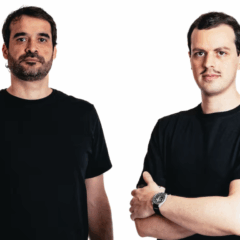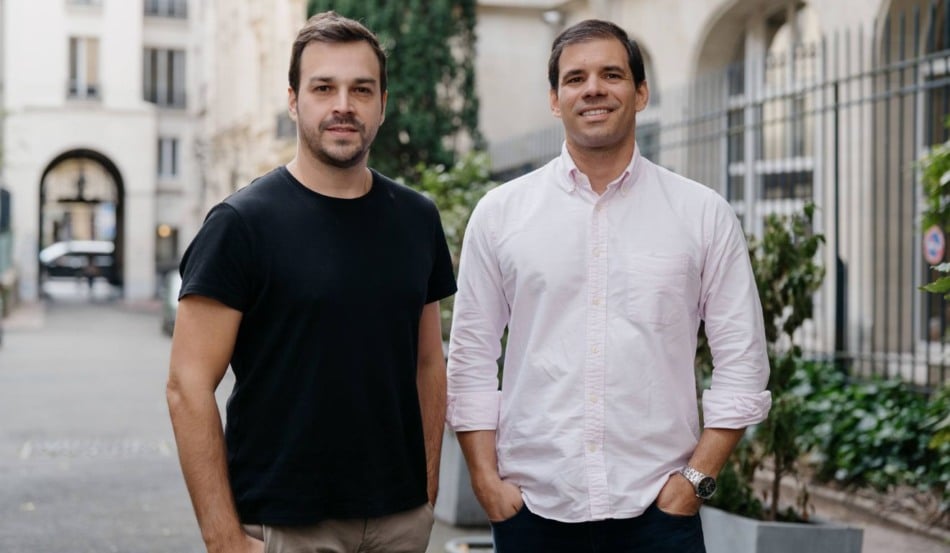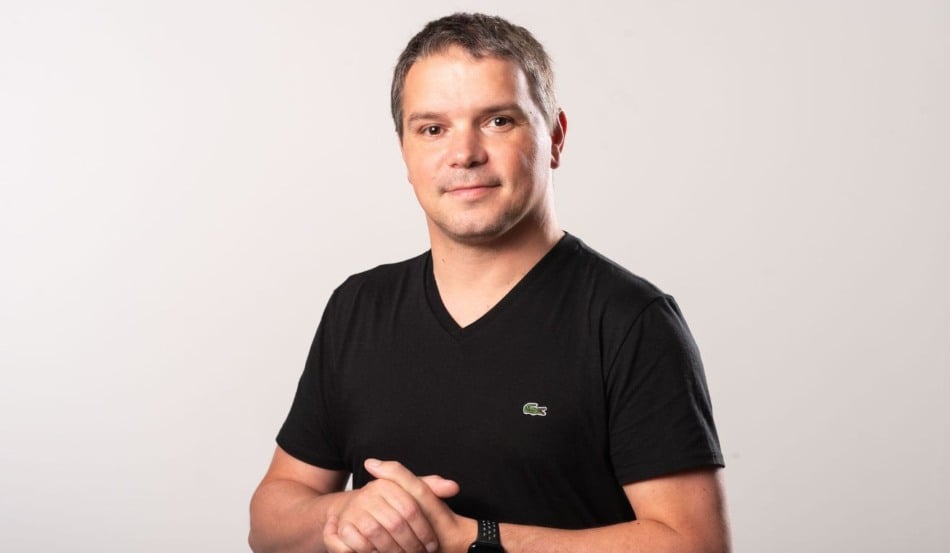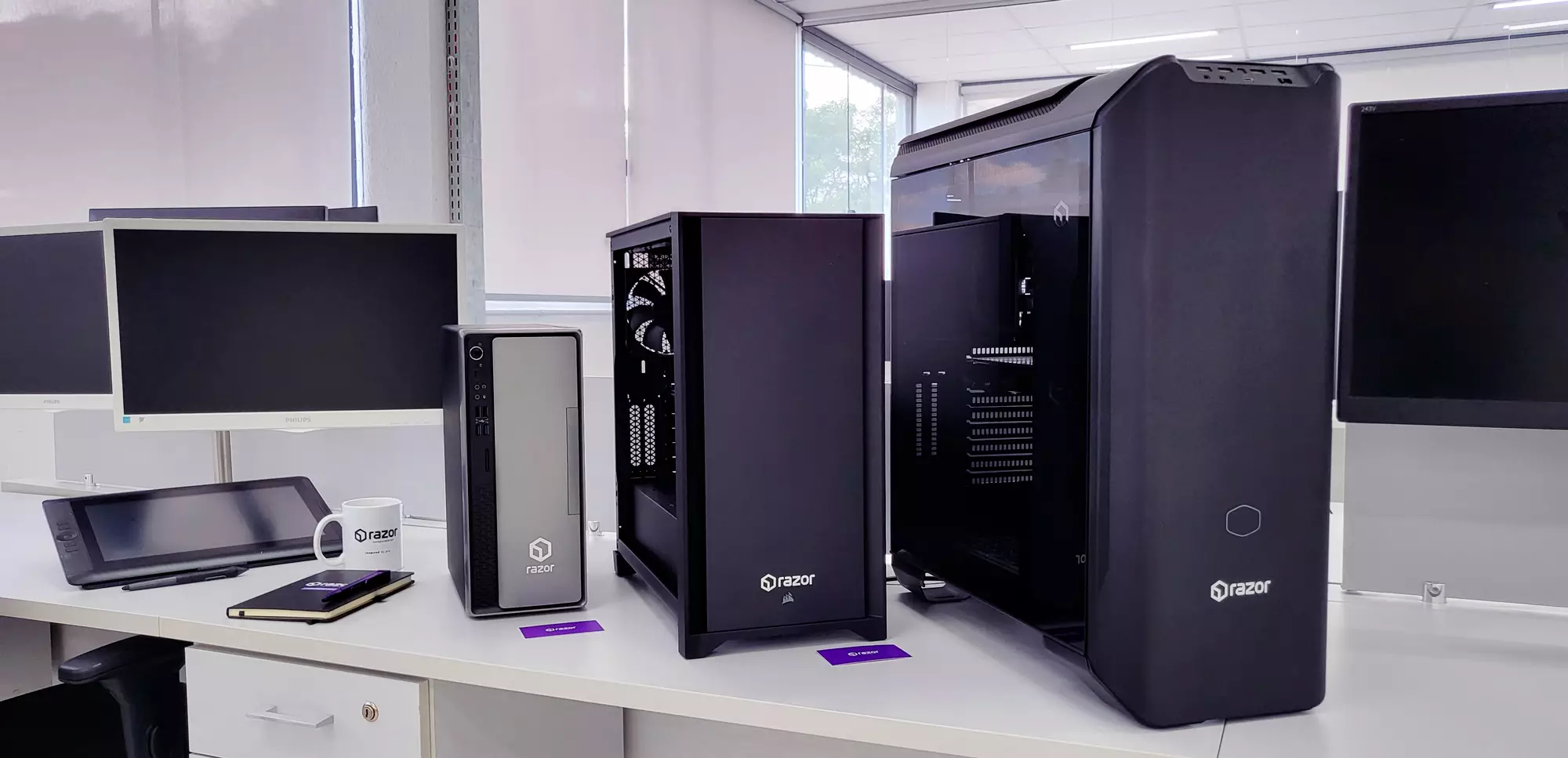
Essa notícia também está disponível em português
As more global companies adopt a 4-day working week, Brazilian startups have started to adopt the new arrangement and reap the results, such as increased productivity levels, improving employees’ quality of life, and attracting talent with a more sustainable work environment.
As well as the possibility of working anywhere other than the traditional office, having an extra day off is slowly but surely becoming an item of Brazilian jobseekers’ wishlist. Last week, we asked Brazilian corporate memes Instagram profile Festa da Firma to poll its base of over 630,000 followers on the topic. Some 35,000 people responded, with 84% saying the idea of a shorter work week would be a determining factor in choosing their employer.
Startups also did a quick survey on the subject. The poll with 282 respondents suggests that 32% see the arrangement as crucial when choosing an employer. On the other hand, 58% stated that the additional day off could be an important element when deciding where to work, but the final decision also depends on other aspects.
The 4-day work week started to become a global trend in 2018, after Andrew Barnes – founder of New Zealand insurer Perpetual Guardian and now a guru and consultant on the subject – successfully implemented the model at his company. In Brazil, the first startup to adopt the format was the pet products firm Zee Dog, two years ago. After studying examples in New Zealand, Australia, and Japan, the Brazilian company switched to a 4-day work week with an additional day off on Wednesdays.
The pioneer’s experience
According to Thadeu Diz, cofounder and creative director at Zee Dog, the shorter work week was implemented right after the pandemic, which also prompted a shift to a permanent remote arrangement. This also forced the company to adapt to the new realities imposed by Covid-19, which also meant the day off is no longer weekly.
“Since we were facing a scenario of uncertainty from a national and global perspective, we had to temporarily suspend [the 4 day week]. We resumed the model in February 2021, with employees already adapted to the home office model and taking a day off every other week”, says the entrepreneur, in an interview with Startups.
“It was more difficult at the beginning of the pandemic. Although we were already accepting of the home office, we had to reorganize the team and temporarily suspend the shorter workweek. But with the operation already structured, we insisted on resuming the model”, he adds.
Since implementing the shorter week, Zee Dog has seen several benefits in terms of team performance. “There was a significant gain in productivity, more objectivity in meetings, and improved self-management. Some employees started to better manage priorities and focus on demands and greater commitment”, the executive says.
However, the entrepreneur acknowledges that productivity is not the only benefit when it comes to a 4-day week, even though results are crucial. “The return on investment was simply the team’s wellness. For employees, it is important to have a Wednesday off to do things like spending more time with their kids or develop a new hobby”, he points out.
The team’s adaptation process to the new format was smooth, according to the director, who confesses that he doesn’t always take Wednesdays off himself. “But we want to ensure that the entire team has a shorter week”, he says, adding that, barring urgent exceptions, teams try not to schedule meetings and appointments on Wednesdays. The model remains in place at the company, even after it was acquired by Petz in August 2021.
A social experiment
Rio de Janeiro-based martech Winnin, which tracks online video consumption data, is another startup that has implemented the 4-day week. Although the model has been in place for only six months, the company has already started to see the results. Highlights from an internal survey with 90 employees suggest a 41.9% increase in attention to mental and physical health, as well as better quality leisure time with friends and family since the implementation of the day off on Fridays. There was also an increase in work-life balance, as well as improved feelings of purpose, belonging, and pride in the company.
The shorter work week is part of a search for approaches that could enhance the company’s people-centric business strategy and corporate culture, says Gian Martinez, CEO and co-founder at Winnin. “The most important thing for leaders is to create an environment that attracts the best talent and they are happy with their work. That allows the company to create exceptional products that attract amazing customers, which means we will make more money and reinvest in talent.”
In terms of the best approaches for the 4-day week, Martinez says managing expectations is the number one. “None of us knew if it would work, but we wanted to try it out. So the first thing was to communicate to the entire company what we wanted to do, why and how we would implement it, in addition to showing study materials with successful cases. We said: ‘guys, this is going to be a social experiment”, says the executive, who set a one-month trial with the employees. With the success of the initiative, the company implemented the model permanently.
Before the experiment, Winnin had a period to prepare for the changes. “We cut out and reduced the time of unnecessary meetings, as well as other ways to make work more efficient, and reinforced our smart working culture, in addition to defining the KPIs [key performance indicators] that we would measure in the experiment”, explains Martinez. The company also established that there would be more flexibility for teams to adjust in case of different demands, such as in sales, where employees may need to meet with customers on Fridays. In this case, the employees have a rotational work schedule.
After the planning – which was the most difficult part of the project – and testing, another crucial part of the initiative was the measurement. “As a company focused on data, our business culture is very data-driven and we measure everything we can. It’s important to monitor [the progress of the initiative]. Overall, the experiment caused more positive impacts”, says Winnin’s founder.
According to Martinez, there is still room for improvement. “The biggest challenge is communication, which is not exclusive to us, but any fast-growing company. In addition, although we managed to measure the result very well in the first few months, we lost some of the tracking disciplines in the following months, and we need to do better on that front”, he says.
Just as Zee Dog, Winnin has various stories from employees that significantly improved their lives with the 4-day work week. “We heard a lot of nice things from the team, from people who managed to read a book that was sitting still, get a medical check-up or go to the dentist. At the end of the day, this is also about working your body and spirit to be a better professional”, explains the company’s CEO.
Challenges for the ecossystem
With over 630,000 followers on Instagram, Festa da Firma is a profile uses humor as a way of decompressing the corporate world, with memes that criticize many of the everyday situations of the Brazilian startup world. According to one of the administrators – a trio of friends who do not reveal their identity -, there is still a cultural barrier to be broken so that the 4-day-a-week model is widely adopted in the ecosystem.
“Many companies and their employees are still in the process of adapting to the remote/hybrid work system and, in many cases, even with a 5-day workweek it is very common to see people working 24/7”, says the co-founder, noting that in more mature economies with quality public services – such as health, education, and transport – the abbreviated week focused on life quality is more feasible.
How is it possible to balance the 4-day week and the workaholic culture of many startups? According to the administrator of Festa da Firma, performance metrics are the output. “Companies will need to create and monitor specific KPIs to measure the results of each department according to their needs. As a medium/long term result, the business must target and train its employees to be as effective as possible, [seeking] a better result with less workload”, he explains.
Although a 4-day work week in startups is still incipient, the administrator of the profile believes the evolution of the model in Brazil will vary according to the business segment and needs of each company. “But we have already noticed that more and more individuals are looking to find a balance between their personal and professional lives, and companies that implement such measures will certainly take the lead, whether to attract new talent or retain their top performers. ”
(translation by Gabriela Del Carmen)







